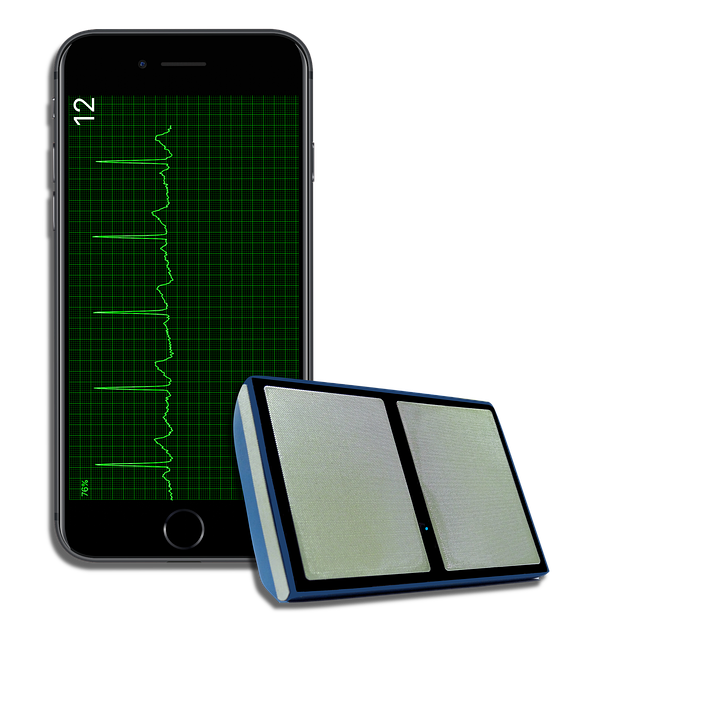If you’ve been asked to look at a junctional rhythm ECG, you may wonder what that is. Simply put, a junctional rhythm is an abnormal heart rhythm that originates from the junction of the atria and ventricles. This article will discuss its causes, symptoms, and treatment.
Junctional rhythm is caused by a problem with the heart’s electrical conduction system. The most common cause is an electrolyte imbalance, which can be caused by dehydration or certain medications. It can also be caused by heart disease, heart attack, or trauma.
Symptoms include lightheadedness, dizziness, shortness of breath, and chest pain. If you experience any of these symptoms, it’s essential to seek medical attention immediately. They are often diagnosed with an electrocardiogram (ECG).
There are several treatment options available. Treatment may involve medication to control the heart rate or electrical cardioversion to restore normal sinus rhythm. In some cases, surgery may be necessary to correct the underlying cause.
Junctional rhythm is a relatively common heart rhythm disorder that various factors can cause. It’s essential to seek medical attention if you experience any symptoms. Several treatment options are available, so there’s no need to worry. With proper treatment, it is easily manageable.
We hope this information has been helpful to you.

















